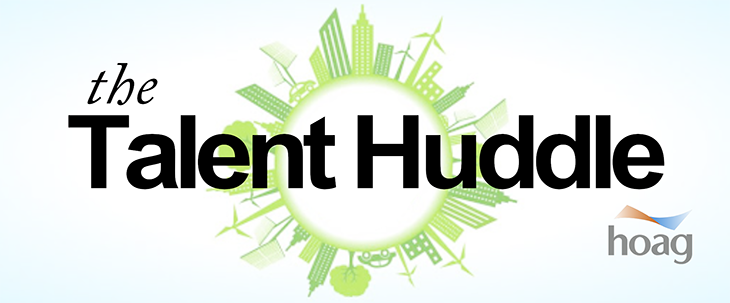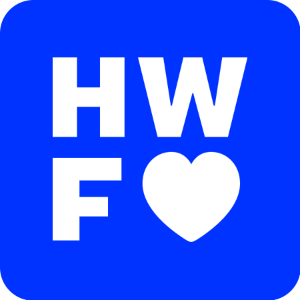
The novel coronavirus is already having an unprecedented impact on the U.S. economy. 17 million workers have filed for initial unemployment in the last three weeks alone – a rate higher than what we saw at the height of the Great Recession in 2008. While nationally the state and local response to the spread of the virus has been varied, every major industry will be affected to some degree. The healthcare sector and its workers have borne the brunt of these pandemic induced shocks so far, and unfortunately, the situation will likely get worse before it improves.
Some silver linings are already starting to appear, however. Community partners, with the help of local Chambers, have stepped up and contributed to Hoag Hospital Foundation’s COVID-19 Support Fund for front-line staff. We’ve seen medical innovations, a flood of new technologies, and start-up type ingenuity at hospitals across the country as workers learn to do more with less. Adversity is giving way to resiliency, innovation, and cooperation like never before. So, for those keeping an eye on a post-pandemic future, there is a lot to get excited about.
In this week’s issue, you’ll find an article by Morgan Stanley Research calling out the five key areas that hold the most promise for consumers, health professionals and investors looking forward. A video about the big paradigm shift that needs to happen in healthcare so we’re better prepared for the next pandemic. A podcast detailing a few of the ways to get economic relief if you’re out of work, or working less, because of COVID. And lastly, an app recommendation to better help understand and slow the spread of coronavirus.
Enjoy, stay safe, and remember to follow me on social media for more great curated content from across the web!
Eli Martinez
The HR Insider
Read This

This pandemic has been the ultimate stress test for the U.S. Healthcare system. Yes, COVID-19 has exposed huge flaws and weaknesses in how governments, regulators, hospitals, suppliers and providers function together to save lives. It has also revealed an unprecedented amount of flexibility, cooperation and innovation that in a post-outbreak world, holds the promise of a more modernized health-care system. These are the 5 key areas that will be most impacted.
Watch This

Unfortunately, COVID-19 isn’t the last pandemic healthcare workers will face. The big question is, what do we need to start doing now in order to be ready? Katherine Baicker, Dean of the Harris School of Public Policy at the University of Chicago, and leading expert in the economics of health care policy, says a paradigm shift in healthcare insurance, public monitoring, telemedicine, and the medical workforce, will be needed to meet the next challenge.
Listen to This

Millions of workers are now unemployed or furloughed because of the pandemic, with no end in sight. Although the federal government is throwing $2 trillion at the problem, banks, other lenders, and local governments, are stepping up their support too. Whether you’re curious about unemployment benefits, mortgage or rent relief, or simply need some pointers on how to trim your spending, this podcast from NPR’s Life Kit has got you covered.
Download This

How We Feel aggregates data that is securely shared with select scientists, doctors and public health professionals actively working to stop the spread of COVID-19. In about 30 seconds, you can self-report age, sex, ZIP code, and any symptoms you may be experiencing. That information can then help identify new outbreaks, understand how the virus is spreading, discover new populations that may be at risk, and evaluate the efficacy of certain interventions.
Quote of the Day
“Optimism is the most important human trait, because it allows us to evolve our ideas, to improve our situation, and to hope for a better tomorrow.” – Seth Godin
#QOTD
About the Author
My name is Eli Martinez, Talent Acquisition Partner for Hoag Hospital, lover of donuts, and your HR Insider.
Ready for another #talentchallenge? If you are totally or partially unemployed, through no fault of your own, get familiar with California’s eligibility requirements for Unemployment Insurance (UI).
To get the latest issue,
subscribe here
"(Required)" indicates required fields

Our Culture
